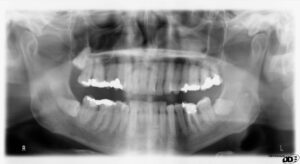If you have a child in braces, or if you yourself are undergoing orthodontic treatment with Unger Orthodontics, you have probably picked up quite a bit of information about your teeth over time. There is probably one related subject that you still do not know too much about wisdom teeth. Or, more specifically, wisdom teeth and braces! Though they are not a very obvious topic of discussion, your wisdom teeth actually play a part in your overall oral health, and some patients do wonder if their newly straightened smiles can be affected by these teeth coming in. Is this something braces patients need to be concerned about?
Let’s look a little closer at what wisdom teeth actually are and what you can expect from their arrival.
What are wisdom teeth for?
Your wisdom teeth are the last teeth to erupt through your gums, usually making an appearance in your late teens to early twenties. They are the third and last molars and can be seen at the very back on each side of the upper and lower jaws. Although these teeth often erupt without any problems, there can sometimes be a lack of sufficient space for them to erupt properly, causing the kind of issues we will be discussing below.
Once upon a time, our ancestors needed large and powerful jaws to survive on a diet that was full of foods like leaves, roots, nuts, and meats. As our diet evolved, our jaws shrunk in size, and we went from having 4 molars in each quadrant to 3. For many people, their wisdom teeth simply do not fit in their mouths anymore. For others, their teeth will come through in proper alignment with no issues. While there may some slight tenderness around the gums as these teeth erupt, it doesn’t tend to cause actual pain. In these cases, further action is rarely necessary. However, there are times when erupting wisdom teeth can be painful and uncomfortable, and because wisdom teeth grow in stages rather than all at once, there may be quite a few opportunities for discomfort before they fully erupt! This leads us to our next question, which is…
Will my wisdom teeth need to be removed?
If there is not enough room in your mouth for the wisdom teeth, they can put pressure on the adjacent teeth, and if the teeth are coming in sideways, they can become caught behind the last tooth in the mouth. This is the impaction we mentioned above, and it can lead to swollen and infected gums. Partially erupted teeth can also be extremely difficult to clean thoroughly, setting you up for recurrent infections as well as damage to the healthy molars beside them.
An experienced orthodontist will be able to tell how your wisdom teeth are coming through by taking an x-ray of your mouth. Based on the results, the impact wisdom teeth are having on the rest of your mouth as they erupt, and the severity and frequency of your symptoms, he may recommend further treatment, including wisdom tooth removal.

Can my wisdom teeth erupting undo my orthodontic results?
Timing is the major issue when exploring this question. Some patients do see a slight shifting of their teeth, or a relapse, in their late teens to early adult years. Obviously, this is when wisdom teeth tend to come in as well. A study done by the University of Iowa placed sensors between the teeth to compare the amount of pressure on them with and without wisdom teeth. There was no difference between the two. Our wisdom teeth really do not exert enough pressure on the surrounding teeth to cause them to move. But we know that we do tend to experience some shifting around that age, and if our wisdom teeth are not a factor, what is?
When all is said and done, it is pretty simple: we get older.
As we age, our teeth naturally begin to show some general signs of wear and tear, along with that drifting we mentioned above. As this happens, it can cause our teeth to overlap and move slightly forward. As the teeth begin to overlap, the upper teeth can press the lower teeth in towards the tongue. Some residual jaw growth can still be happening around this time, too, forcing the teeth into positions that could be undesirable.
This is exactly why you will hear our entire team remind you over and over that it is important to wear your retainer as directed after your braces come off! By doing so, you will give your teeth the best chance to stay as straight as possible once your treatment is complete.
Unger Orthodontics has the wisdom to keep your straight smile in place
Your wisdom teeth erupting may not be likely to affect the results you have achieved through braces or aligners, but removing them may still be recommended in order to ensure the overall health of your mouth. Since every case is different, we recommend you schedule a free consultation with an experienced orthodontist to learn more about the possibility of having your wisdom teeth removed, and how this might affect your long-term orthodontic treatment.
At Unger Orthodontics, we believe in teamwork. Our entire team is dedicated to working with you and your family to create a rewarding experience and a beautiful smile! Your comfort and care are important to us, and we want you to feel confident in coming to us with any questions or concerns you have about your treatment at any time.
We do not want you to worry about wisdom teeth, or any other aspect of your care, either! You can count on us to set your mind at ease as we guide you towards a beautifully straight smile that will last a lifetime. Contact us today to schedule a complimentary consultation!
